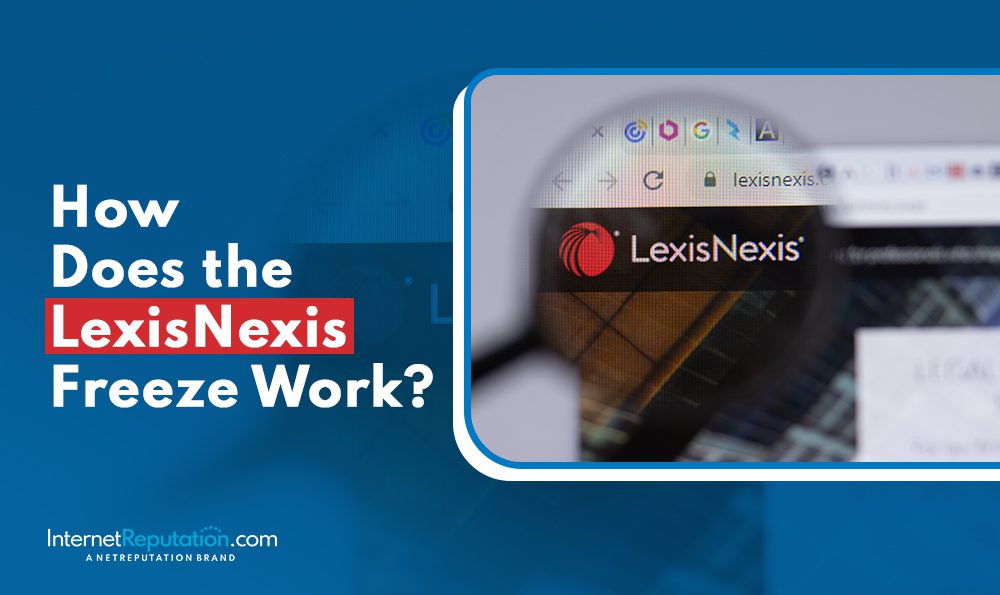How to Use Hashtags (Without Ruining Your Reputation)

A hashtag (which is, in essence, a keyword with a # in front of it) is designed to help expand your reach on social media sites like Facebook and Twitter. Knowing how to use hashtags is essential to optimizing your online reach.
When you use a hashtag, the computers that run these social media sites pay special attention to your posts, and they collect all of the posts that contain that combination of words and pound signs in one place. Then, if someone searches for that specific combo, your post will appear.
It sounds hokey, I know, but it really can work. For example, a post produced by Buffer suggests that Twitter posts (i.e., “tweets”) with hashtags have two times the engagement of posts that don’t and that individuals who use these little markers can see a 100 percent bump in engagement by adding these things to their posts.
Using Hashtags
Typically, you’ll use just one hashtag per post, as Social Bakers suggest that entries with multiple tags see a dip in engagement. Using one to two tags gets about 593 engagements while using three to five nets, you only get 416. It pays to be judicious.
Typically, your hashtags will come from your own mind and reflect your own thoughts. But if you’re planning to use a tag someone else has written, you’ll need to be careful.
Hashtag Fails from Major Players
Twitter makes stealing a popular hashtag easy. You’ll see a list of the most popular tags in a little column to the left. Grabbing one of those tags could put you in the middle of a conversation that’s set to go viral, and that could get you the attention you’ve been craving. You can swipe a tag from here and use it on another site, like Facebook, to get more attention.
But steal the wrong tag or use that tag in the wrong way, and chaos could ensue.
Sometimes, those errors seem to happen unintentionally. For example, the social media folks at Entenmann’s probably thought the hashtag #NotGuilty had to do with delicious and hidden vices when they saw it in the summer of 2011, according to CBS News. Naturally, the team incorporated that in a Tweet, which suggested that you could feel #notguilty about eating their treats.
It seems clever enough, right? Unfortunately, that tag was in use because Casey Anthony had just been declared not guilty in a notorious case about the death of a child. A lot of people were angry, and they got angrier when they saw this tweet.
It’s easy to misread the cause of a tag, but sometimes, people attempt to use it and twist it to suit their purposes. Per PR Newsletter, that was the case for the Kenneth Cole team in 2011. When that team saw that #Cairo was trending, they tweeted that the uproar there had to do with a set of clothes people could buy.
As the team quickly discovered, this wasn’t a great idea. Many people were angry, and angry tweets rapidly followed.
Recently, Madonna fell into a similar trap. For her, it may have started with automation. Her tweets have ended with a tag that references her latest album. But, when that automatic inclusion came in a series of messages in support of those killed in a terrorist attack in France, people got mad. The writers of E! covered the controversy with this headline that suggested that she was using the attack as a marketing tool.
Ouch.
Doing Hashtag Research
Before copying any tag into your post, do your research. Type it into your search box on the social media site you plan to use and read what other people are saying. Ask yourself:
- Are these messages similar to the one I plan to write?
- Do these messages have the same emotional tone as my message?
- Would these other writers agree with my tag use, or would they be offended by it?
- Is this the right kind of message for me to link to?
Since hashtags can change over time, it’s also a good idea to spot and watch a tag for an hour or so before using it. That will help you avoid jumping into a conversation that suddenly turns nasty.
Do you need even more social media tips? We’re here to help. Click on this link to learn more about the reputation management programs we offer for individuals.



